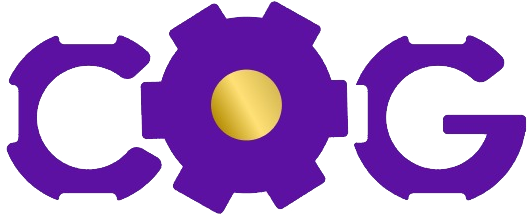In India, as businesses continue to evolve and prioritize employee well-being, implementing a comprehensive Paid Time Off (PTO) program has become a crucial aspect of attracting and retaining top talent. A well-structured PTO program enhances employee satisfaction and work-life balance but also contributes to increased productivity and overall organizational success. In this blog post, we will guide you through the essential steps to develop a successful Paid Time Off program tailored to your Indian workforce.
Understand Indian Labor Laws and Regulations
Before creating your PTO policy, it’s essential to familiarize yourself with India’s labor laws and regulations. The key laws that govern paid leave in India include the Employees’ State Insurance Act (ESI Act), the Employees’ Provident Fund (EPF) Act, and the various state-specific Shops and Establishments Acts. Additionally, the Minimum Wages Act and the Maternity Benefit Act are essential to consider when designing leave policies.
Determine PTO Types
In India, there are different types of leave that employees may be entitled to, such as:
a) Earned Leave (EL)/Privilege Leave (PL): This is accrued leave that employees earn over time and is typically granted based on the employee’s length of service.
b) Sick Leave: Offer sick leave to provide employees with time off for illness or medical reasons, as mandated by law.
c) Casual Leave: Provide a limited number of casual leave days for unplanned or short-term absences.
d) Maternity and Paternity Leave: Comply with the Maternity Benefit Act to grant paid leave for expectant and new mothers, and also consider paternity leave for new fathers.
Establish Accrual and Eligibility Criteria
Determine the rules for accrual and eligibility for PTO. Define how many days an employee can accrue annually, the probationary period before they can start using leave, and any waiting periods for specific types of leave.
Set PTO Request and Approval Process
Create a transparent and user-friendly PTO request and approval process. Consider implementing an online leave management system to streamline the process, minimize paperwork, and ensure accurate record-keeping.
Encourage PTO Utilization and Avoid Leave Accumulation
Promote a healthy work-life balance by encouraging employees to use PTO regularly. Discourage excessive leave accumulation by implementing a “use-it-or-lose-it” policy for accrued leave.
Communicate the PTO Policy Clearly
Ensure that the PTO policy is clearly communicated to all employees. Hold training sessions or share written materials to explain the policy, its benefits, and how to take advantage of it.
Plan for Leave Coverage
Establish a system for leave coverage to ensure that work responsibilities are adequately managed during employees’ absences. Cross-training and assigning temporary responsibilities can help maintain workflow continuity.
Monitor and Review the PTO Program
Regularly review and assess your PTO program’s effectiveness. Gather feedback from employees to identify areas for improvement and make necessary adjustments to the policy as the organization evolves.
Seeking Assistance to Develop a Paid Time Off Program for Your Organization?
Designing a well-crafted Paid Time Off program for your Indian workforce is a testament to your commitment to employee welfare and organizational success. By aligning the PTO policy with Indian labor laws and considering the specific needs of your workforce, you can foster a positive work culture. This will boost productivity, and attract and retain top talent for your organization’s continued growth.
Navigating employment laws in India can be a daunting task, especially when it comes to creating and implementing a clear and effective PTO program. With ever-changing statutes to consider, it’s essential to stay informed and compliant. That’s where Core Ops Genie comes in to help! Our dedicated team of seasoned human resource experts specializes in aligning company policies with your business model and ensuring compliance with state laws.
We understand the importance of tailoring solutions that suit your organization’s unique needs. By leveraging our expertise in HR best practices, we can assist in crafting a PTO program that fosters a positive work environment and meets your employees’ needs while maintaining legal compliance.
Let’s connect and learn more about your organization’s requirements. Together, we can elevate your business to new heights with a well-crafted and compliant PTO program.










